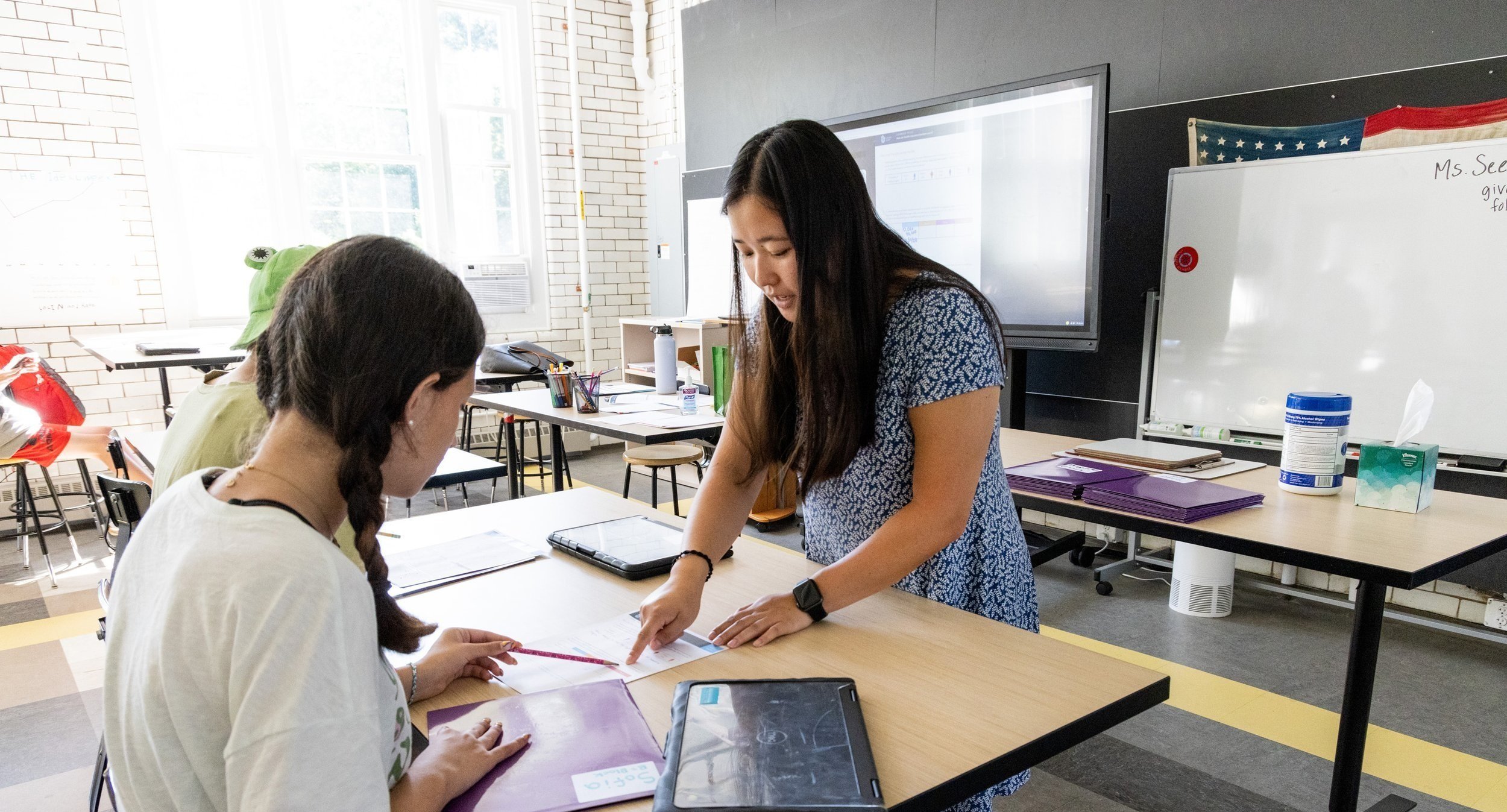
The Neurolution Approach
Neurolution’s approach harnesses the concept of neuroplasticity in order to help children become more effective learners by strengthening the underlying cognitive capacities that underpin core academic skills such as reading.
For many students, the traditional approach to teaching reading or math is incomplete because it fails to individualize specifically enough to meet each student’s unique needs. Neurolution directly targets the cognitive skills upon which school achievement is built. The typical approach in a typical school attempts to address a child’s struggle to read with small group instruction working on their decoding and encoding skills to help them overcome their challenges. For many children, this kind of generic intervention falls far short of what they need.
Could we do better? Could we increase the chance of school success for each child?
Neurolution dared to ask if there was a way we could harness neuroplasticity, technology, and tracking student performance to decrease significant underlying cognitive roadblocks to skilled reading—and the answer was yes.
For more than a decade, we’ve worked with scientists, doctors, cognitive specialists, teachers, and technologists to develop the Neurolution approach: an education practice that helps us identify and overcome brain-based obstacles to learning—and close the achievement gap for students who learn differently.
Now you can bring this transformative approach to your dedicated team of educators and deserving students, and join a consortium of like-minded institutions doing the same.
The power of our approach
-

Data Informed Instruction
Data informed instruction based on creation of a detailed student profile, tracking student growth in key academic and cognitive areas, and dynamic reporting of student progress.
-

Targeted Cognitive Intervention
Cognitive development curricula assigned to each student based on their areas of greatest weakness through a seamless technology that individualizes activities, adjusts as student succeed or struggle, and collects performance data daily.
-

Professional Development
Professional development for teachers as they learn to utilize Neurolution’s modern approach to remediating each student’s greatest needs.
Supporting Research
Neurolution (and TCI) is empowered by the leading neuroscience and brain research. Neurolution schools use the best current evidence, follow strong signals in the research, and sponsor responsible controlled studies conducted by research scientists. The following is an annotated bibliography of just a handful of relevant research (there are hundreds of articles available on this topic), several books, and other scholarly articles on the topic of targeted cognitive intervention. This is research not sponsored or conducted by Neurolution.
Dyslexia: A New Synergy Between Education and Neuroscience
John Gabrieli is one of the world’s most respected cognitive neuroscientists. In this Science magazine piece, he reviews the research and suggests that it is imperative that science and education work together to forge better outcomes for children with dyslexia and related developmental reading disabilities. Also available at https://pubmed.ncbi.nlm.nih.gov/19608907/
Video Games for Neuro-Cognitive Optimization
Dr. Adam Gazzaley has engaged deeply in understanding the potential of cognitive interventions to help children and adults with cognitive weaknesses. In this article his colleagues describe essential precepts for any cognitive intervention to (a) be administered responsibly, (b) engage in diagnostic work prior to intervention, and (c) validation and efficacy analyses.
Association of Video Gaming with Cognitive Performance Among Children
This study reports a statistically significant correlation between specific video game activity and a child’s response time and working memory. Both behavioral and blood oxygen level dependent measures showed positive outcomes.
How the Brain Learns
French neuroscientist Stanislas deHaene presents a compelling view of how the human brain learns. This book includes descriptions of cognitive development that are relevant to the work of the Neurolution team. Also available in print, Audiobook, or Kindle formats from Amazon.
The Learning Brain
Work at the Karolinska Institute in Sweden supports the notion that educational interventions serve to develop children’s brains in impactful ways. Klingberg’s research in memory and attention are potent examples of the impact of intervention. Also available in print or Kindle formats from Amazon.
Dissociating executive function and ADHD influences on reading ability in children with dyslexia
Researchers at MIT, Harvard, and Mass General Hospital collaborated on this study comparing academic performance among children with dyslexia, dyslexia plus attention deficit, and dyslexia with executive function difficulties. The first two groups performed similarly while the third group performed the worst. This provides evidence that educational interventions targeted to areas of executive functioning are potentially an impactful addition to a school’s remedial curricula.
A causal link between visual spatial attention and reading acquisition
Learning to read is most often taught as a linguistic task of phonics, vocabulary, syntax, and comprehension. This article demonstrates that visual spatial attention is also a critical skill in learning to read effectively and efficiently. Educational interventions that address visual attention offer the possibility of improving outcomes for children with reading disabilities.
Join the Neurolution
Get started with Neurolution by signing up for a personalized webinar today.